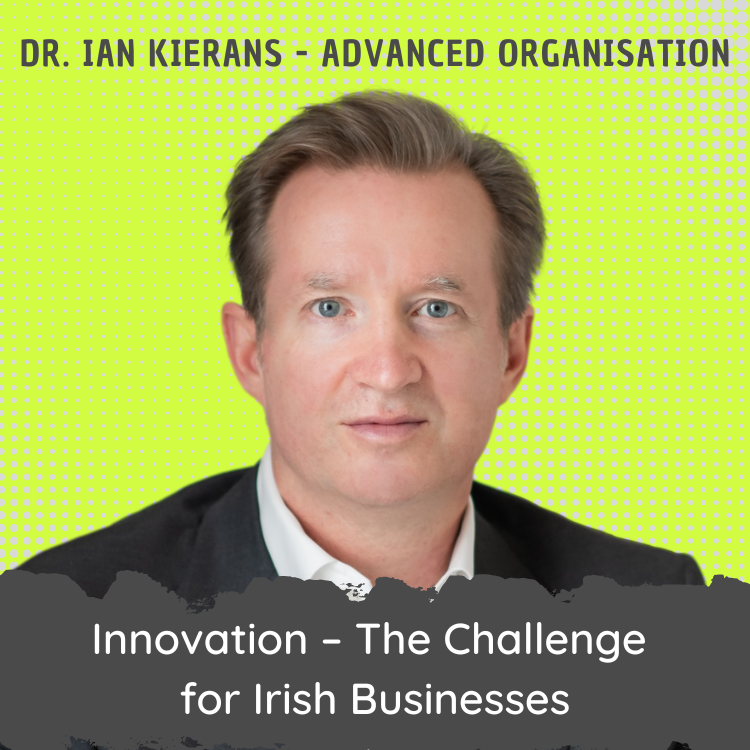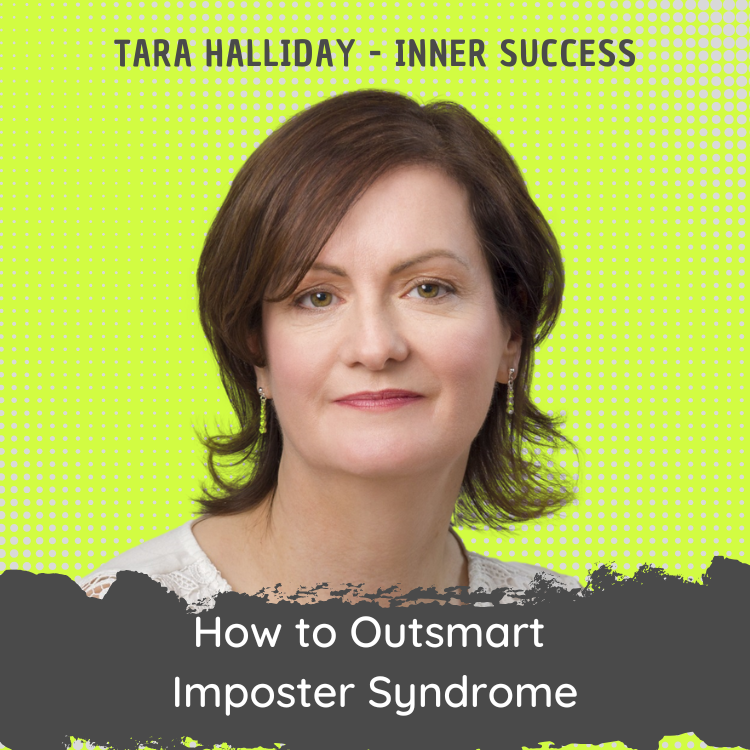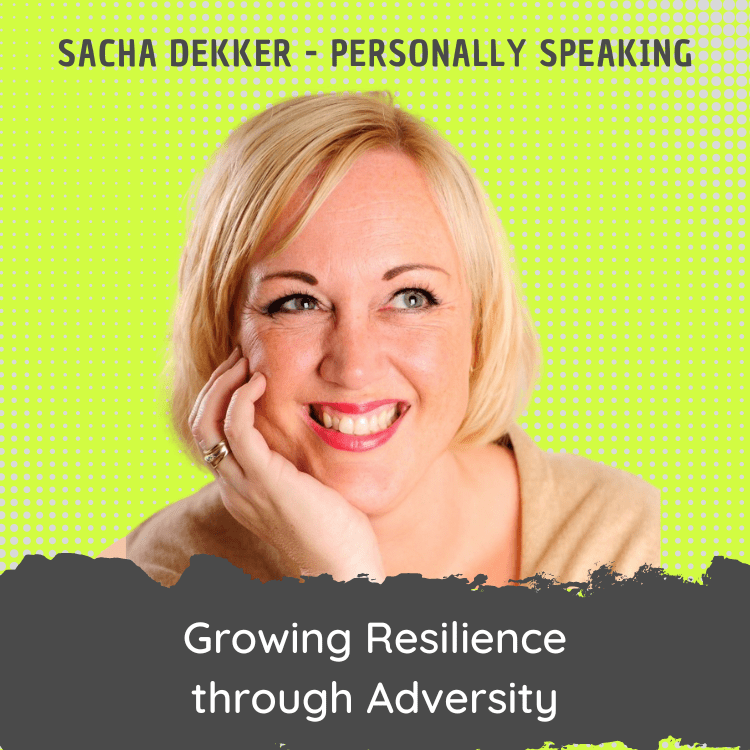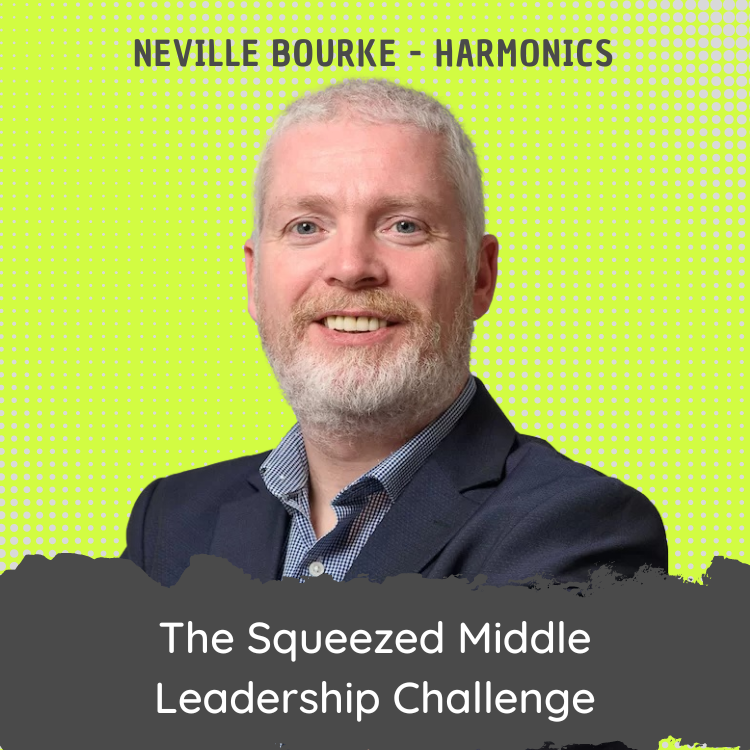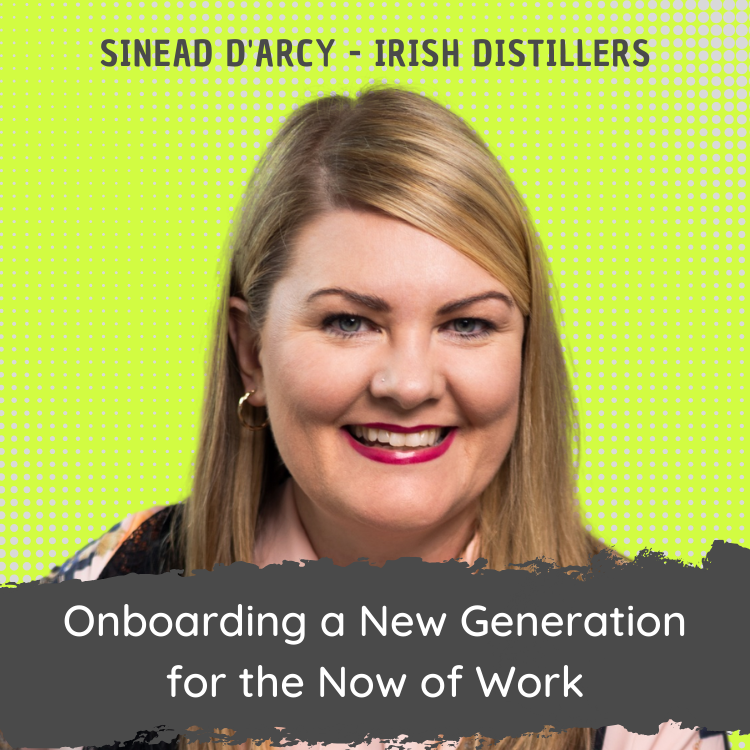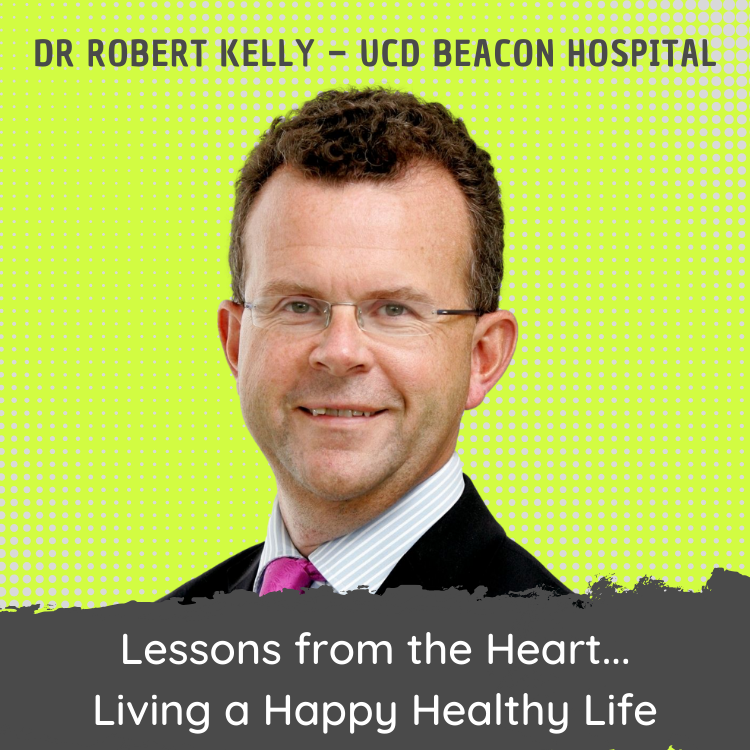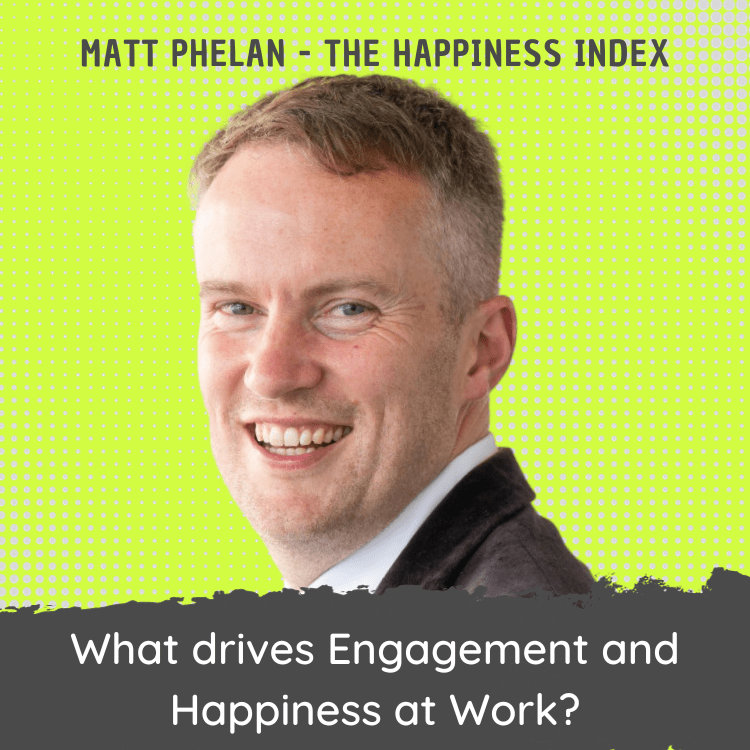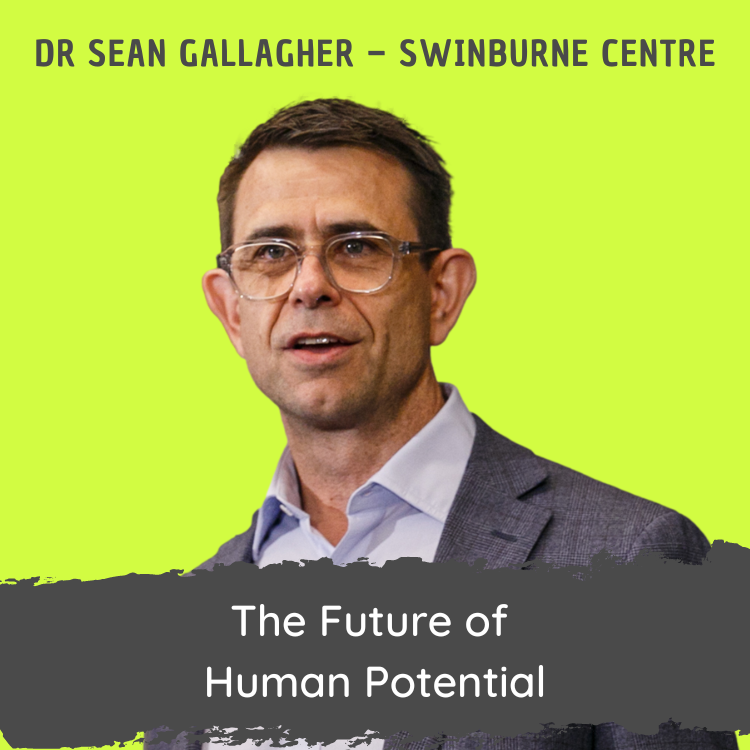In this week’s episode of The Chord, we tackle one of the most pressing challenges for Irish businesses: driving innovation for sustainable growth, with insights from Dr. Ian Kierans, a growth strategist, organizational psychologist, and author of Innovative Growth: The Journey from A to B While Building C.
Dr. Kierans shares expertise from his career spanning global consulting, entrepreneurship, and academia, with a focus on helping companies foster innovation while managing change. His PhD at Cranfield School of Management explored how established businesses can renew growth—a theme central to his latest book. With practical frameworks, global case studies, and a deep understanding of organizational dynamics, Ian offers invaluable advice for business leaders navigating the complexities of innovation in today’s fast-evolving world.
This episode is essential listening for CEOs, business leaders, senior HR professionals, and anyone involved in driving organizational change.
Key topics discussed:
- The innovation challenge for Irish businesses:
Ian explores the need for Ireland to reduce dependence on foreign direct investment (FDI) by developing a more sustainable, innovation-driven local economy. - Frameworks for innovation from Innovative Growth:
Ian introduces his 5-part innovation framework, the Pentathlon, and explains the importance of a step-by-step journey for integrating innovative growth into organizations. - Common pitfalls leaders face when balancing innovation with core business:
From misaligned goals to lack of cross-functional commitment, Ian highlights the traps to avoid and shares strategies to overcome them. - Building a culture of innovation:
Practical advice for leaders on fostering innovation without disrupting existing operations, and the role HR plays in driving innovation through talent development and strategic alignment. - Lessons from successful companies:
Ian shares case studies from Patagonia, Alltech, and Shotgun, demonstrating how they balanced maintaining their core business (A), pursuing growth (B), and investing in future innovation (C). - Future trends in business and work:
As AI reshapes the workforce, Ian emphasizes the need for organizations to leverage higher-level human cognition—such as empathy, imagination, and problem-solving—to stay competitive. - The role of governance in innovation:
Ian discusses how to structure decision-making and leadership to enable innovation while maintaining alignment with business goals.
Actionable insights for leaders:
- Time and patience: Innovation takes time and intentionality. Ian underscores the importance of creating space for innovation within organizations.
- Invest in insights: Rather than relying on broad ideas, leaders should focus on gathering actionable insights to fuel innovation and reduce risk.
- Engage cross-functional teams: Building a culture of innovation requires buy-in and collaboration across all levels and functions.
- Leverage HR as a driver of innovation: From talent acquisition to learning programs, HR can play a pivotal role in embedding innovation into business strategy.
Podcast: Play in new window | Download
Subscribe: Apple Podcasts | Spotify | RSS

